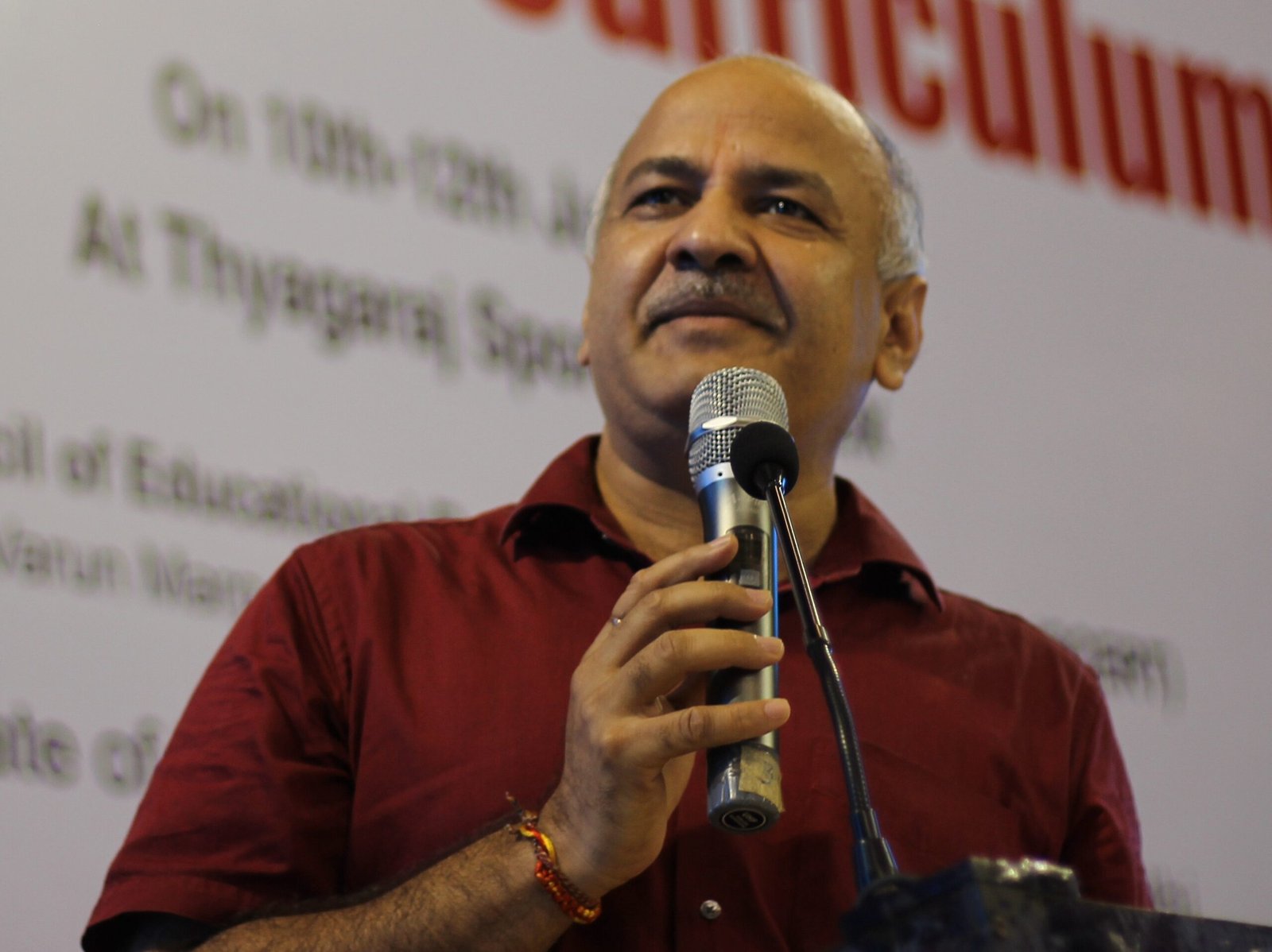For boys, the Court said it is their duty to respect young girls or women and he should train his mind to respect a woman, her dignity and privacy and right to autonomy of her body.
On Wednesday, the Calcutta High Court issued a significant ruling emphasizing the importance of adolescents exercising self-control over their sexual desires and the need for adolescent boys to respect the dignity and autonomy of young girls and women.
In their verdict, Justices Chitta Ranjan Dash and Partha Sarathi Sen acquitted a young man who had been previously convicted of sexually assaulting a minor girl with whom he had a “romantic relationship.” The Court expressed concerns regarding the misinterpretation of the Protection of Children from Sexual Offenses Act (POCSO Act), which sometimes categorized consensual sexual activities among adolescents as sexual abuse. They argued that adolescents above the age of 16 should not face charges of sexual assault for consensual actions.
To prevent legal complications stemming from early sexual experiences, the Court also stressed the importance of comprehensive sexual education for adolescents, grounded in their rights.
Explaining the origins of sexual desires, the Court’s detailed decision highlighted the role of testosterone in generating sexual impulses and desire. Testosterone, predominantly produced by the testes in males and the ovaries in females, is also secreted in small amounts by the adrenal glands in both genders. These hormone levels are primarily responsible for sexual desire in males, but their activation is not automatic and necessitates stimulation through sight, hearing, exposure to erotic materials, or conversations with the opposite sex. Therefore, the Court asserted that our actions play a crucial role in inciting sexual urges.
Consequently, the Court proposed a “duty-based approach” to address the issue and outlined responsibilities for both adolescent girls and boys.
Responsibilities for adolescent girls included:
- Defending their right to bodily integrity.
- Safeguarding their dignity and self-worth.
- Striving for overall development beyond gender distinctions.
- Exercising control over sexual inclinations, as society devalues them if they give in to momentary gratification.
- Protecting their right to bodily autonomy and privacy.
Regarding the responsibilities of male adolescents, the Court emphasized the need for them to respect the duties of young girls and women, train their minds to appreciate a woman’s self-worth, dignity, and privacy, and respect the autonomy of a woman’s body.
The Court also highlighted the critical role of guiding and educating adolescents on matters related to sexuality. They stressed that this guidance should start at home, with parents serving as the primary educators. It was noted that parents should educate their children, particularly girls, to recognize inappropriate touches, signs, advances, and company, with a particular focus on health and reproductive issues, discouraging sexual activity at an age not sanctioned by law.
In addition to parental guidance, the Court recommended that every school’s curriculum should include mandatory sex education, focusing on these aspects as well as reproductive health and hygiene.
The legal representation in the case involved the appellant’s counsel, Malay Bhattacharyya, Subhrajyoti Ghosh, and Dibakar Sardar; the state was represented by Additional Public Prosecutor PK Datta, along with Attorneys Ashok Das and SD Roy; and the victim was represented by attorneys Shibaji Kumar Das, Soumyajit Das Mahapatra, Rupsa Sreemani, and Madhuraj Sinha.



